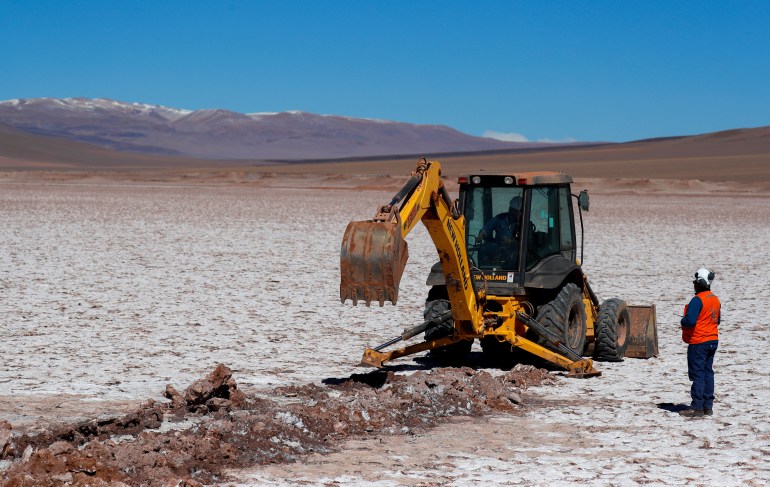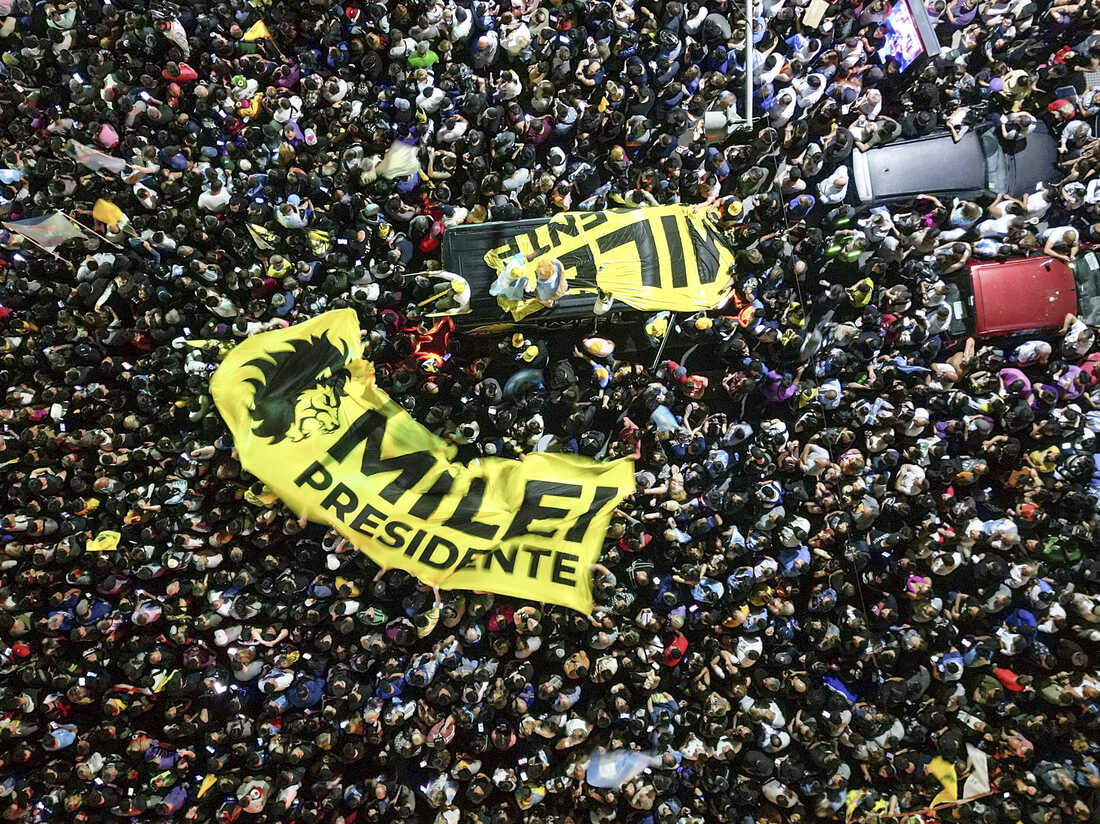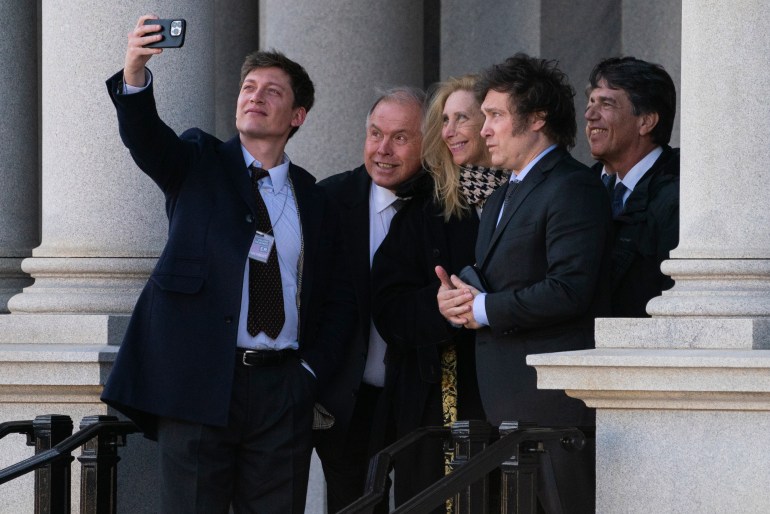
Economist Javier Milei is set to assume Argentina's presidency, marking a significant shift in the country's political landscape. Known for his libertarian economic views, Milei's victory signals a departure from traditional politics. He has promised to cut public spending and implement radical economic reforms, which include drastic cuts to public spending and the elimination of multiple ministries.
However, there is uncertainty about which version of Milei will govern: the anti-establishment crusader known for his profanity-laden tirades against the political caste, or the more moderate president-elect who emerged in recent weeks. After winning the election, Milei backtracked on plans to scrap the nation's health ministry, indicating a possible shift towards a more moderate stance.
On the international front, Milei plans to realign Argentina's foreign policy towards the US and Israel and away from China and leftist regional partners. This hardline stance against China could strain economic and diplomatic ties, potentially impacting Argentina's agricultural exports and energy and lithium sectors. Milei's presidency may also bring a new boost to the global far-right movement.
Despite international support, Milei faces challenges in implementing his reforms due to minimal support in Congress. His political inexperience and the need to sow up alliances with other parties to implement his agenda in Congress, where his party is a distant third in number of seats held, may also pose challenges.
As Argentina prepares for this political transformation, the nation and the world watch with anticipation and uncertainty about the kind of president Milei will be and the impact his presidency will have on Argentina's future.








